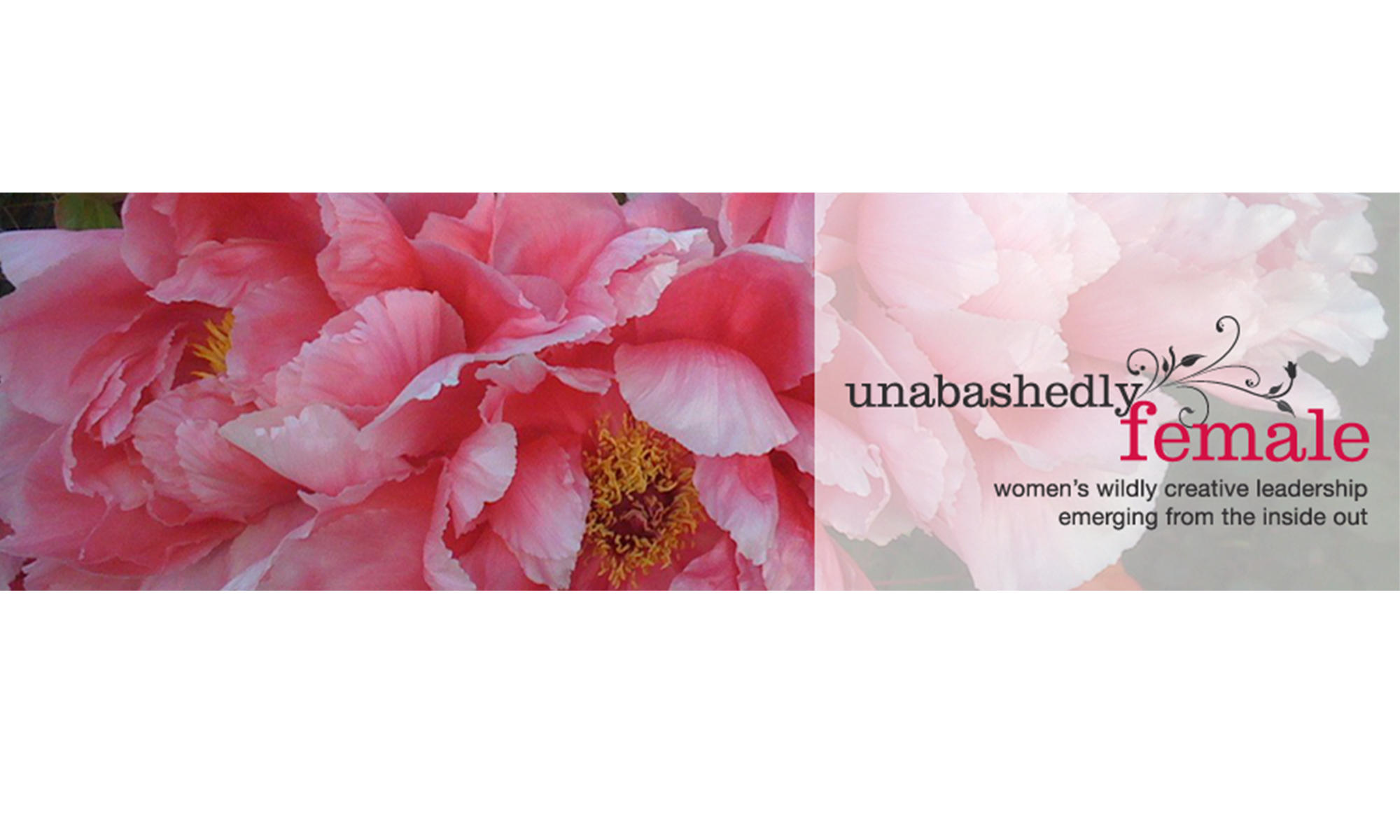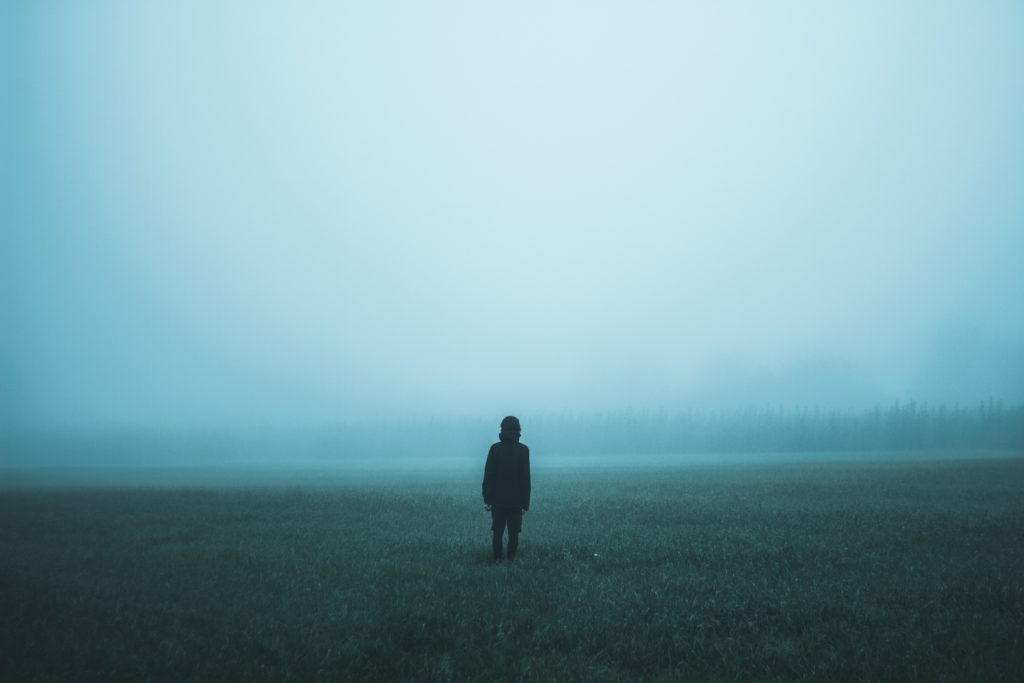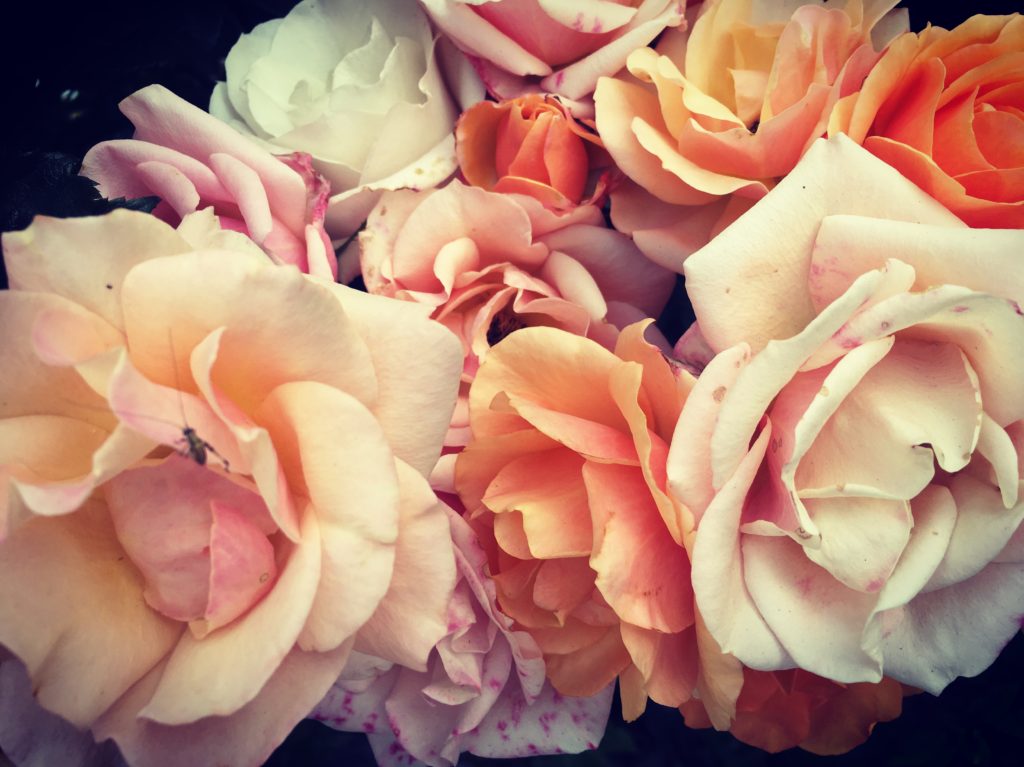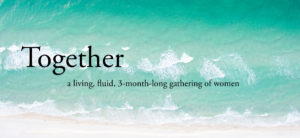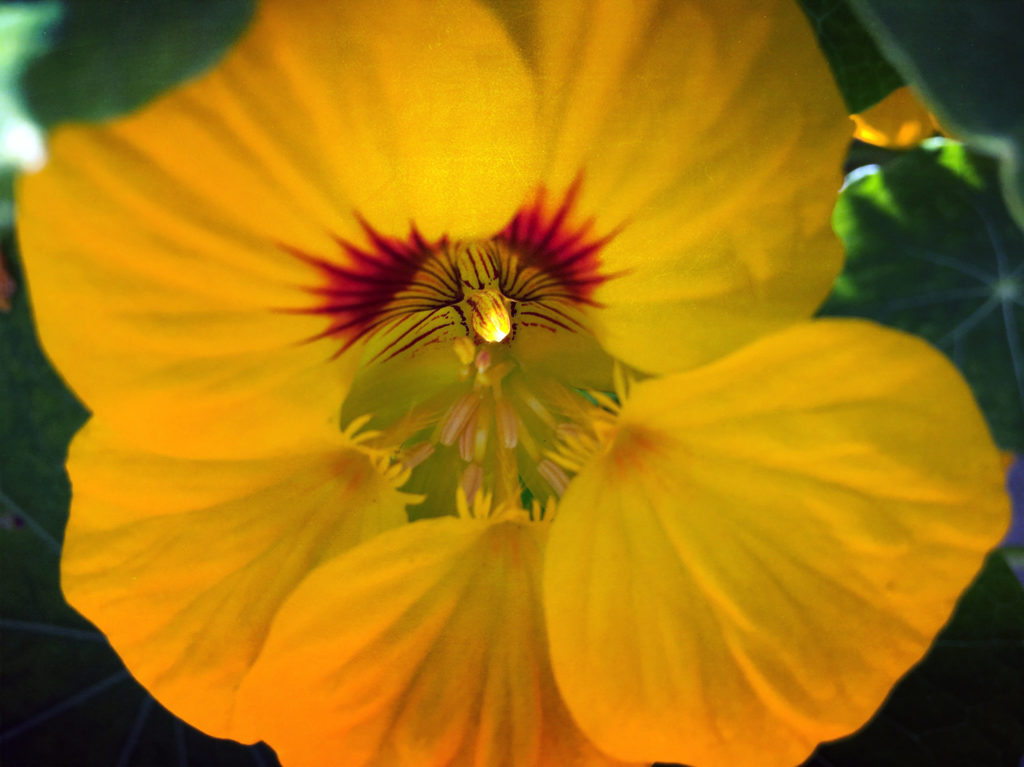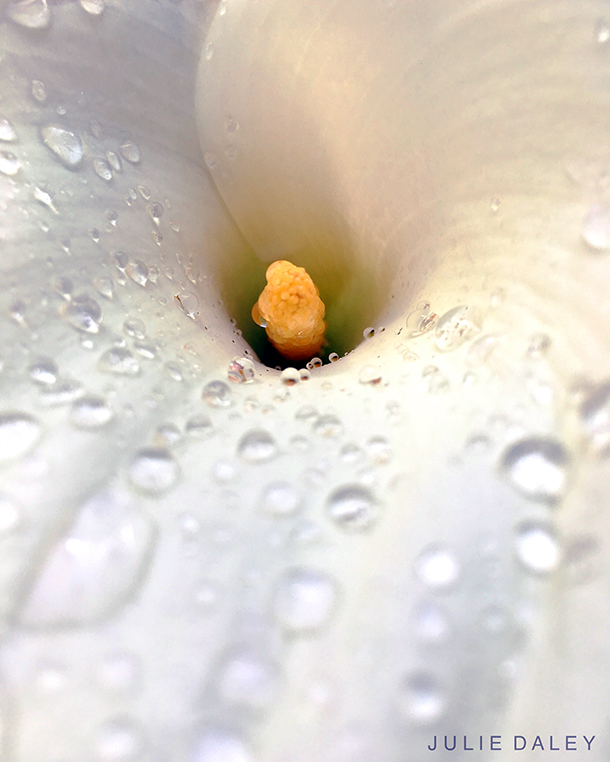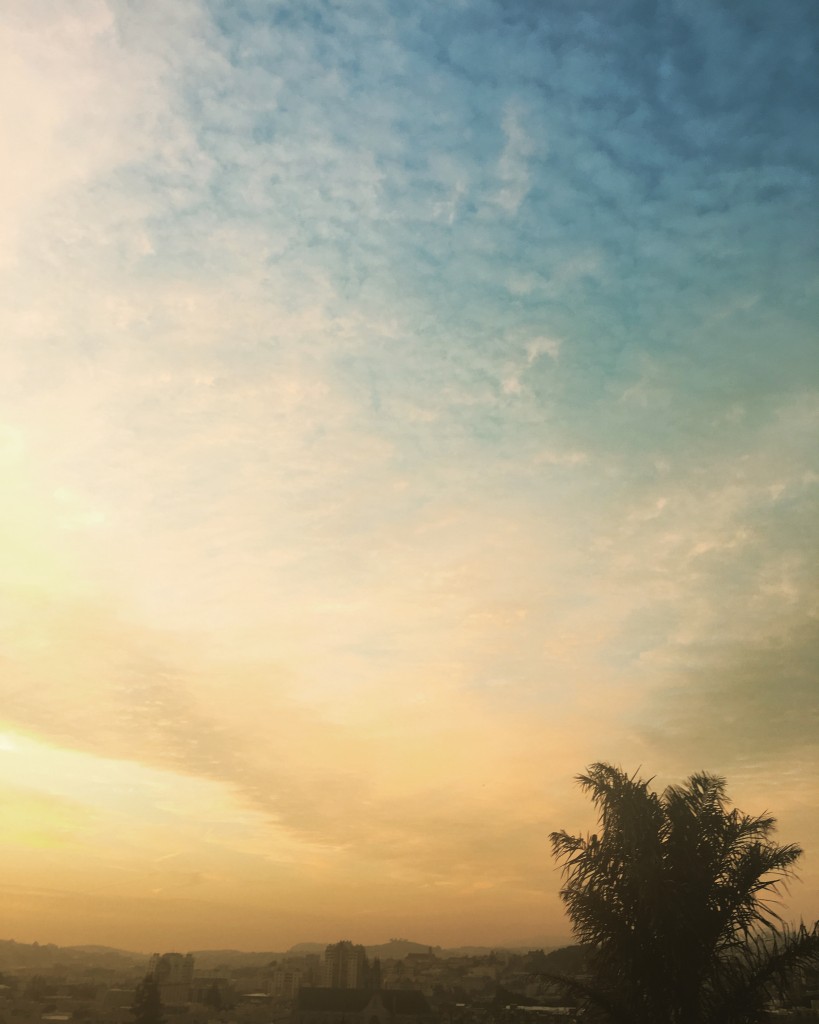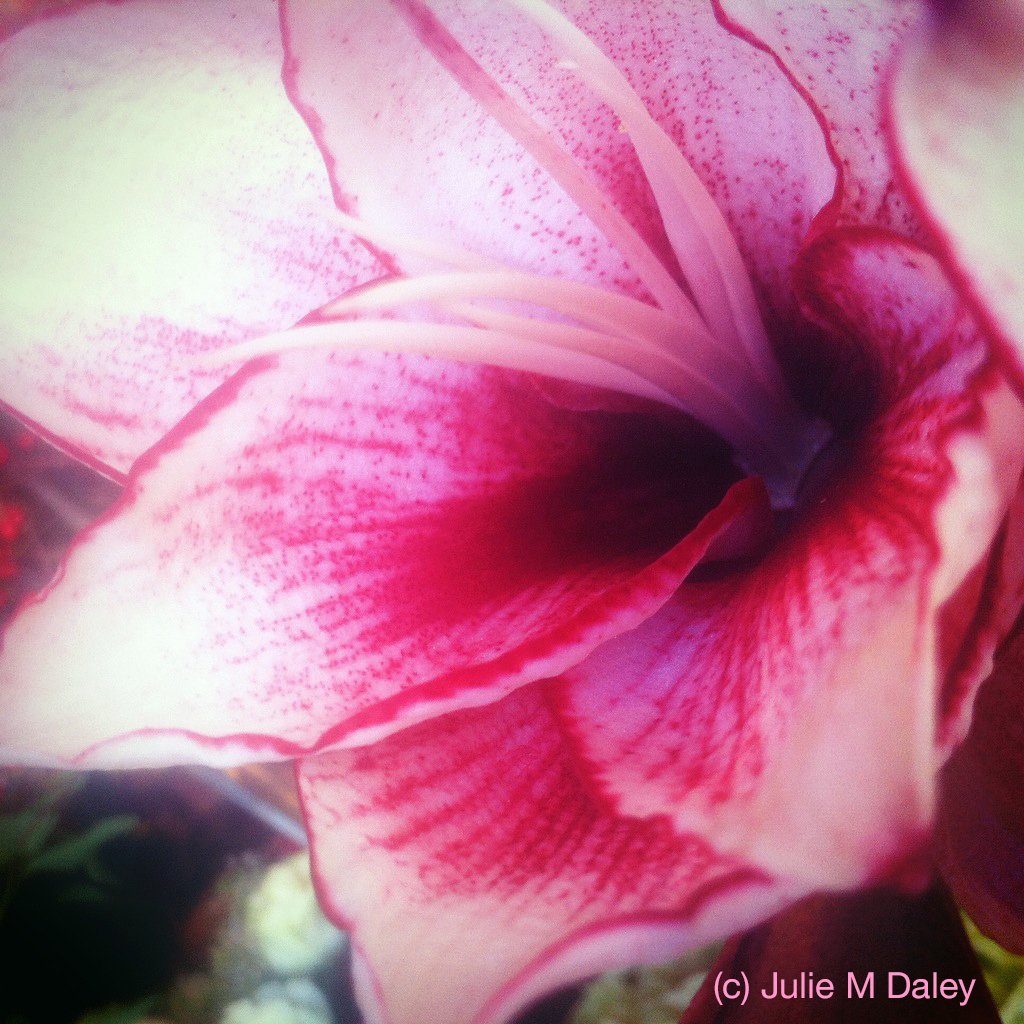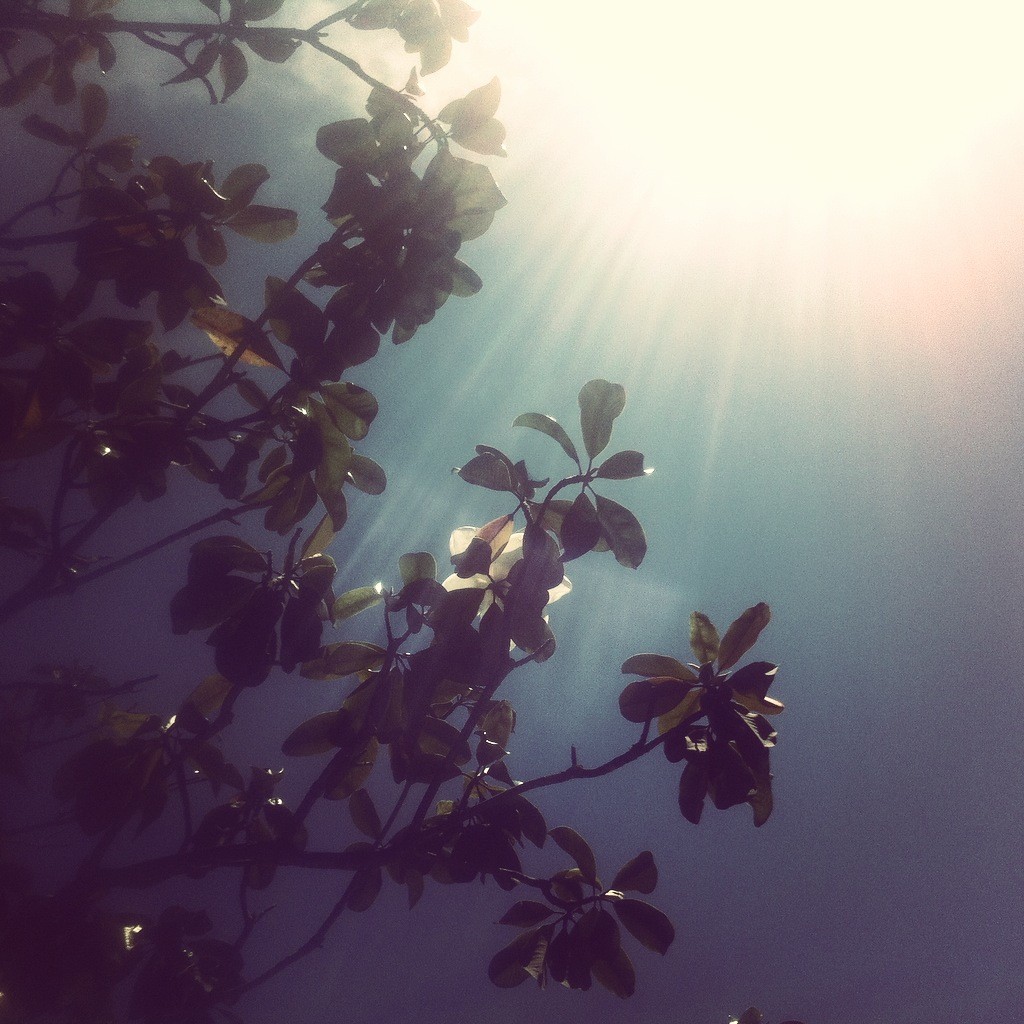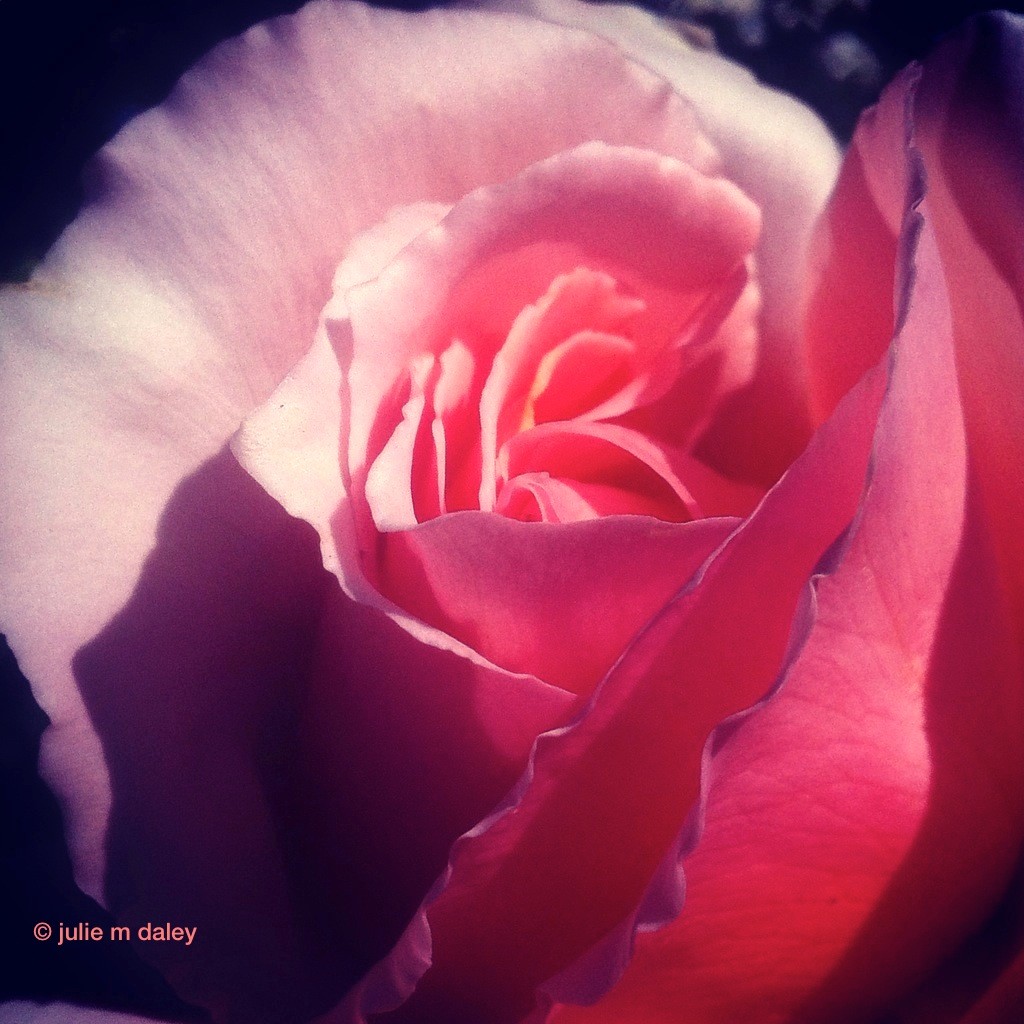
What I am going to share here is based solely on my experience – what I’ve experienced personally. As we come to the 2nd anniversary of Sandy Hook (tomorrow, December 14th, 2014) I’ve felt a strong urge to write this. These are my reflections.
As many of you know,
I worked with people directly affected by 9/11 for over three years, from ’03 – ’06. In the first year or so, I coached a large number of family members who’d lost love ones in 9/11 as part of a larger program they were taking, which comes out of the same core program I teach. Then, during the second year, I taught a couple of those courses and continued to coach.
Following these courses, I was hired to design and teach a dating relationship class to women who’d lost their spouses/partners in 9/11. Over eighteen months, along with my colleague Julie (yes, two Julie’s teaching together), I had the truly lovely experience of working with these women to discover a way to bring a new loving partner into their lives while also still grieving their loss. It is not true that we have to put our grief away in order to date again. We can find a partner who is willing to enter into a relationship with us even if we have experienced major loss.
Over the time I worked with these many family members, I found we as Americans to be supportive and truly desiring for there to be healing for these families. In fact, there was so much public attention around 9/11, many of these family members had a hard time finding a way to grieve privately – something we all need when going through the grief of traumatic events. We need our privacy, while also needing to know we are part of a larger community that is holding us firmly in love and respect.
During these years, 9/11 was still very much in the news, not only news of the American response to the attack, but also news about the family members and things they were beginning to do in the world.
When I would speak about my work with people in general, people engaged in conversation with me about it. There was a willingness to talk about it. It had affected all of us in a profound way.
This past Winter and Spring, along with two other women, I had the incredible opportunity to teach the same course again, but this time to people directly affected by the tragedy at Sandy Hook School, in Newtown, Connecticut. It was the first time the course would be offered, and I was asked to join-on because of my experience in teaching this material to so many diverse populations over the past twelve years. I won’t share anything about the experience of teaching there. It is too private, too personal, and requires a great deal of respect and confidentiality.
What I want to speak to is the difference in how I experienced our response to this event as Americans compared to our response to 9/11. It feels vitally important to do so.
I remember when I first heard about Sandy Hook. I was preparing to be on a Mastermind group call. We all got on the phone together, but I couldn’t continue. I almost couldn’t speak at all, the shock was so great. I excused myself from the call and sat down and sobbed. The shock and grief hit me hard, like I know it did for many Americans and many others around the world. What happened at Sandy Hook was something horrendous – so many very young children being killed in such a violent way. Still to this day, it is hard to truly think about what happened with full consciousness. I can only imagine it, based on what I have heard and read.
So as I prepared to teach, I began to really sit with the whole experience, not only what happened that day, but how we as Americans had dealt with it since that day. I first knew I would be teaching prior to the 1st Anniversary of Dec. 14th, 2012. I began to watch how we as a country spoke about this event. I noticed, especially as I mentioned to others I would be teaching, a marked difference in the responses to Sandy Hook versus the responses to 9/11.
I’m not here to compare them as better or worse. But I want to talk about how they were, and continue to be, different. I’ve thought a lot about why they would be different, based on my own experiences and reflections. Obviously, in many ways, 9/11 was a much larger event. More people were killed in 9/11. And, our largest city was affected not only by the deaths, but also by many injuries and fallout from the towers falling, as well as the ongoing fallout from illnesses and trauma. I understand this. I am not comparing the two events on scale. I am comparing them because they are two events I’ve been involved with on some level, and because I’ve noticed things simply from my own perspective as an American and as a human being trying to make sense of how we continue to turn our hearts away from the level of violence we experience here in our country.
In 9/11, the perpetrators were from the outside. They weren’t ‘one of us’, which made a clear distinction where to put our care and attention – on those affected by the attack. We could do this because those affected could be marked distinctly from those who were responsible for the attack. The event was horrendous, yes, and we drew a clear line of distinction between who was ‘bad’ and who was ‘good’.
With Sandy Hook, though, the person responsible was not only one of us, an American, he was from the community of Newtown. Suddenly, this dark, horrendous event was not outside of American soil, it was right here in our backyard, right here in our own culture, right here in our own family.
In 9/11, we could focus our anger and outrage on ‘others’, but with Sandy Hook we could not. There was no other. There was a barely-adult boy who was one of our own.
I noticed how people responded differently to me when I would speak of the work with 9/11 families versus the work in Newtown. Our faces tell a great deal.
But what I truly noticed was how quiet our country has been about the entire event. For the first few weeks, we heard a lot about it. Then, we went quiet. At first there was great outrage, then there was little. I know not everyone has been quiet. There are mom’s groups working to dismantle the power that gun lobbies have, as well as the many groups that have helped to bring healing to Newtown, one of which was the center that hired us to teach. But the media and our politicians, as well as most Americans do not talk about it. I think this points to something important, not only collectively but individually.
When we can point the finger at someone else, it is much easier to be actively vocal about things. We can look at them and ‘other’ them so that we create a firm separation of us vs. them.
But, when we have to look at ourselves, it becomes much harder to accept. Whether it is our country collectively, or ourselves individually, to do the deeper work means we must come to look within ourselves, and within our own culture. This is where many of us tend to shut down, because we don’t want to see what we are capable of. We don’t want to see the darkness that lurks right underneath our noses. We’d rather ‘other’ each other, believing it will solve our problems if we just grow more armor, more separate, ‘securing’ ourselves behind beliefs that somehow separation from each other will keep us safe from some imagined possible transgression in the future, or from a past hurt we’ve never been able to truly look at.
I never spoke about this with anyone during my stays in Newtown. That wasn’t why I was there. But, it’s been on my mind for a year, and in my heart. There is a very important learning here for us – very important. Every situation, every person, can be a teacher if we are willing to learn.
And, it’s not just what happened at Sandy Hook. It’s happening over and over and over here in our own country. Whether it is one of the multiple school shootings since Sandy Hook, or the recent events in Ferguson, NY, and Cleveland, or any of the other violent events in our country, we must begin to talk about what is here right in our own backyard. We must begin to talk about how we treat each other, and in turn how we defend ourselves so aggressively against each other. And, we must talk about shame and silence.
The healing we can offer each other is great. It is powerful. And it is needed. But it won’t happen if we can’t talk about it, if we can’t see that what is ‘out there’ is also right here in our own backyard; if we can’t see that everything outside of us in others is right here within ourselves.
I believe with Sandy Hook we felt fear, but more importantly we feel shame and guilt. It’s like a cover of silence descends over the event, a shutting down, a turning away.
Shame is a nasty beast. It causes us to go silent. It causes us to defend. It causes us to separate. It causes us to shut down, to lash out, to vow never to trust. I know. I’ve done a lot of personal work with shame, as have many of you. Guilt does the same things.
The funny thing about shame and guilt is that we go unconscious. For the most part, we don’t even know we’ve gone unconscious. We don’t realize how we’ve not talked about, nor faced on a deeper level, that which has caused us to feel shame, guilt, or fear or whatever else we might be feeling.
Think about it. How hard is it for you to think about Sandy Hook and what happened there? And how might that difficulty be affecting not only those affected by the event, but also your personal ability to heal as well as our collective healing?
And, when we won’t look at something, what are we making more important than creating a culture safe for our children, a culture of peace?
Is our fear of discomfort in facing what feels like a mountain of things we don’t want to see or feel keeping us from being who we need to be to create this change?
What are we valuing over life itself?
What matters is that we need each other. Life isn’t easy. We are vulnerable as human beings.
I know, after working with so many people over these years, that we heal, we create much healthier families and communities, when we open to each other and ask for help and give help. When the larger community we are a part of acknowledges it has our back, that it knows we’ve suffered and that it is here for us, we feel held and can heal. We are reminded we are not alone. Whether this larger community is our own family, our friends, our town, the country in which we live, or our global family, it is the same. And in this way, the larger community heals, because when we offer ourselves to others we heal, too. We grow, too. We transform into more compassionate and kinder people, and a more compassionate, kinder nation.
To do this we must stop and be present to what we’ve created as a society. Together.
When will we be with the hard and difficult feelings?
When will we begin to ask the hard questions that can lead to transforming the culture in which we live?Â
When will we be with each other?
The time to create community to face these things is now. It is too much to bear alone. That’s why we have each other. We cannot do it alone.

